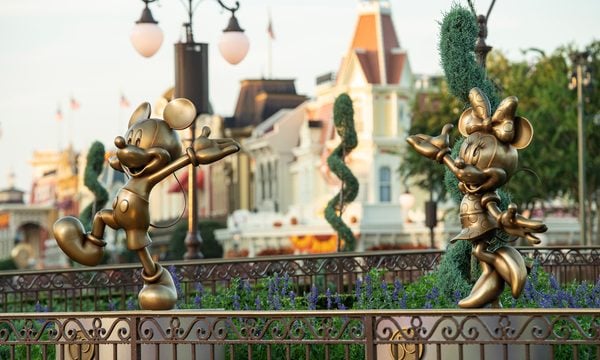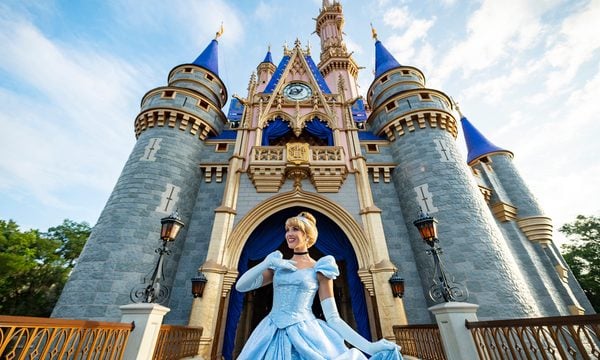Epcot vs Animal Kingdom: Which Disney World Park Is More Worth Your Money?
Choose Animal Kingdom for wildlife encounters and budget savings. Choose Epcot for food festivals and culture.
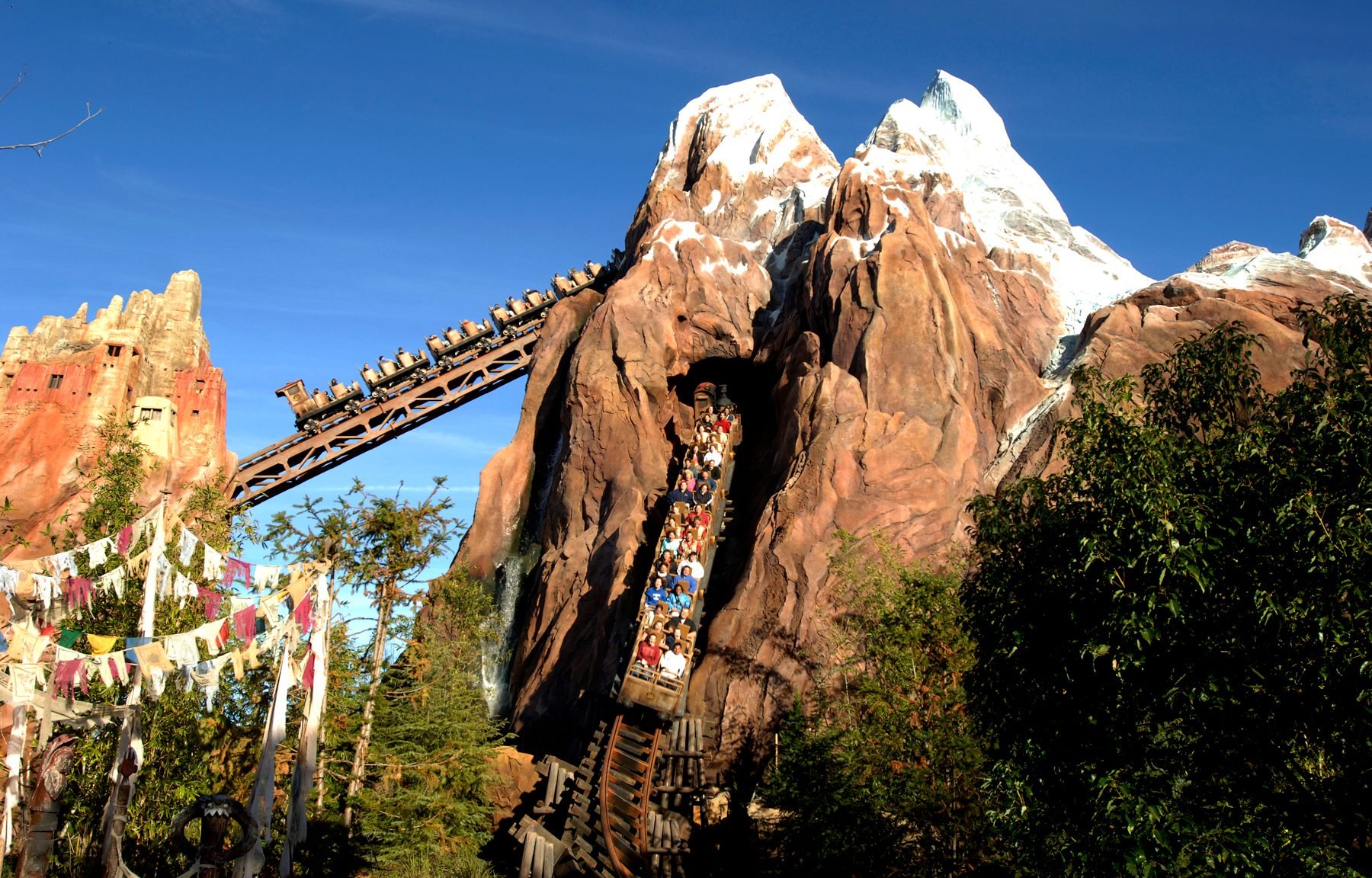
Many or all of the products on this page are from partners who compensate us when you click to or take an action on their website, but this does not influence our evaluations or ratings. Our opinions are our own.
Choosing between Disney's Animal Kingdom and Epcot isn't just about rides — it's about maximizing your vacation budget and matching park experiences to your priorities. Here's our definitive breakdown of which park deserves your time and money.
The price reality: Animal Kingdom wins on value
Let's address the elephant in the savanna: Animal Kingdom is the cheapest Walt Disney World park. It consistently costs 10-17% less than other Disney World parks, including Epcot. Our analysis of Walt Disney World's dynamic pricing from September 2025 through October 2026 reveals Animal Kingdom tickets averaging $20-25 cheaper per person than Magic Kingdom tickets, with Epcot falling somewhere in the middle.
Real example: On days when Animal Kingdom charges $119, Epcot might cost $129 — saving a family of four $40 for a single visit. On higher demand days, the ticket prices are starker. There are days where Animal Kingdom tickets are $169 and Epcot tickets are $184, saving a family of four $60 on that day. Especially with bigger groups, these savings compound significantly.
Why the discount? Animal Kingdom ranks as Disney World's least-attended park according to 2023 Themed Entertainment Association data, partly due to its misguided reputation as a "half-day park." This perception works in budget-conscious visitors' favor.
With that in mind, here's a breakdown of Epcot versus Animal Kingdom.

By signing up, you will receive newsletters and promotional content and agree to our Terms of Use and acknowledge the data practices in our Privacy Policy. You may unsubscribe at any time.
Animal Kingdom: the undervalued wildlife experience
What makes Animal Kingdom special
Forget the "half-day park" nonsense. Animal Kingdom delivers experiences you literally cannot get anywhere else in Disney World —or most theme parks globally.
Kilimanjaro Safaris remains the park's crown jewel: a 20-minute journey through 110 acres where actual giraffes, elephants and lions roam freely. Unlike fabricated Disney magic, these encounters are genuinely unpredictable. Some days you'll spot sleeping lions; other days they're prowling mere feet from your vehicle.
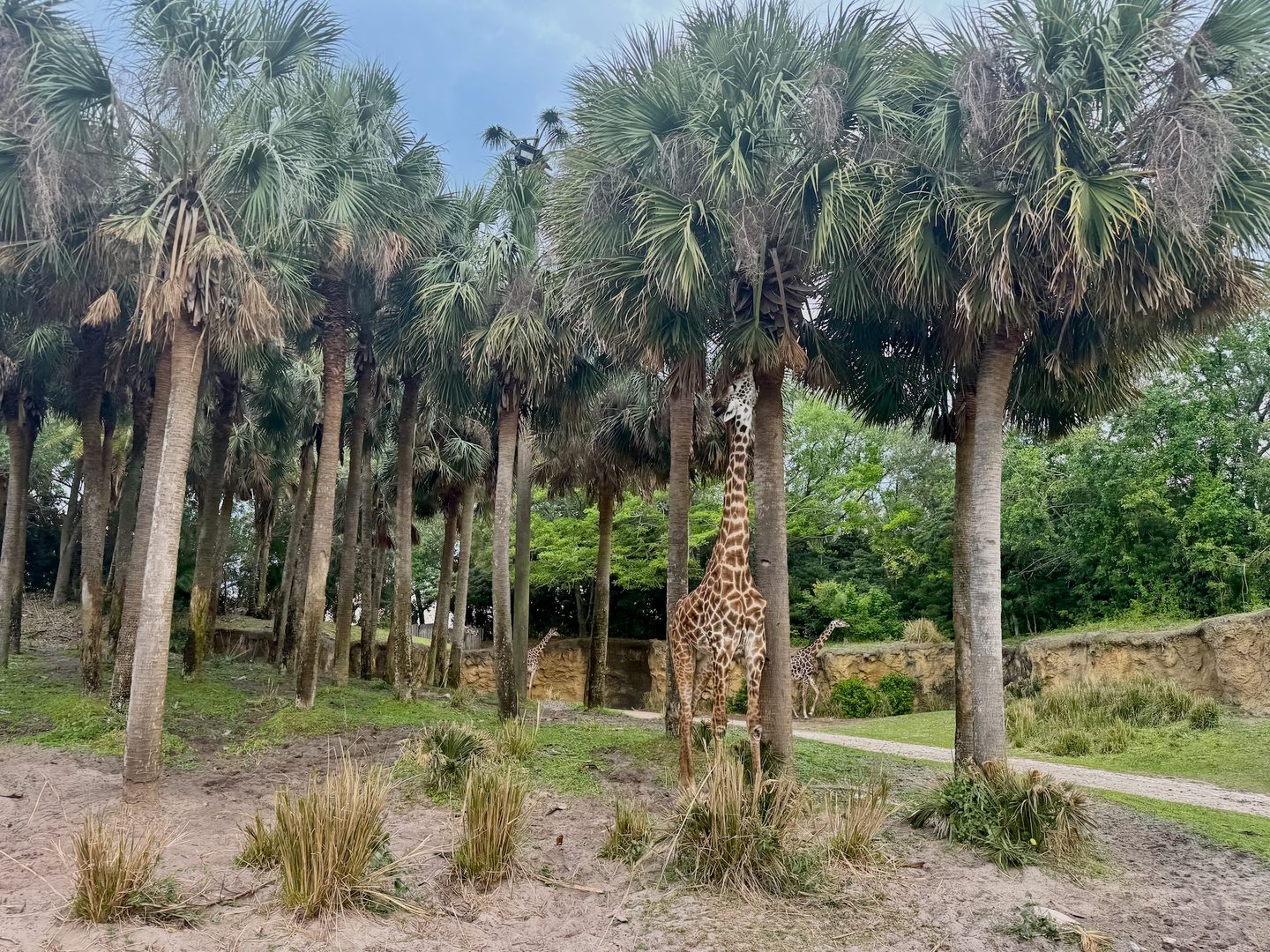
The lands that matter:
- Pandora (Avatar): Flight of Passage delivers one of Disney's most technically impressive 3D experiences, though expect 60+ minute waits unless you opt to pay more for a Lighting Lane.
- Asia: Expedition Everest provides legitimate thrills with a backwards segment that still catches first-timers off-guard.
- Africa: Beyond safaris, Gorilla Falls Exploration Trail offers close animal encounters most zoos would envy.
New for summer 2026: Bluey comes to Animal Kingdom
Starting summer 2026, Bluey and Bingo will appear at Conservation Station. Guests can meet the characters, play games from the animated series with an animal-themed twist and participate in dance activities. For families with young kids who are Bluey fans, this addition makes Animal Kingdom even more compelling.
The food situation at Animal Kingdom
Let's be honest: Animal Kingdom's dining falls short of Epcot's standards. Most quick-service options serve standard theme park fare with inflated prices.
The exception: Tiffins stands as the park's sole fine-dining establishment, offering globally-inspired cuisine in an adults-focused atmosphere. Nomad Lounge next door serves excellent cocktails with savanna views.
Budget reality: Plan to eat one substantial meal outside the park or pack snacks. Animal Kingdom's food costs don't match the quality.
» Learn more: The best travel credit cards right now
Changes are coming to Animal Kingdom

Animal Kingdom's upcoming Tropical Americas expansion (opening 2027) will likely eliminate its price advantage. The new land includes:
- First-ever Encanto ride-through attraction.
- Indiana Jones-themed experience.
- 11-acre expansion rivaling Pandora's scale.
🤓 Nerdy Tip
Visit Animal Kingdom now while prices remain low. Post-2027, expect significant price increases as new attractions drive higher attendance Epcot: the adult playground that delivers
Why Epcot commands higher prices than Animal Kingdom
Epcot justifies its premium through experiences that genuinely improve with age — rare in the Disney ecosystem.
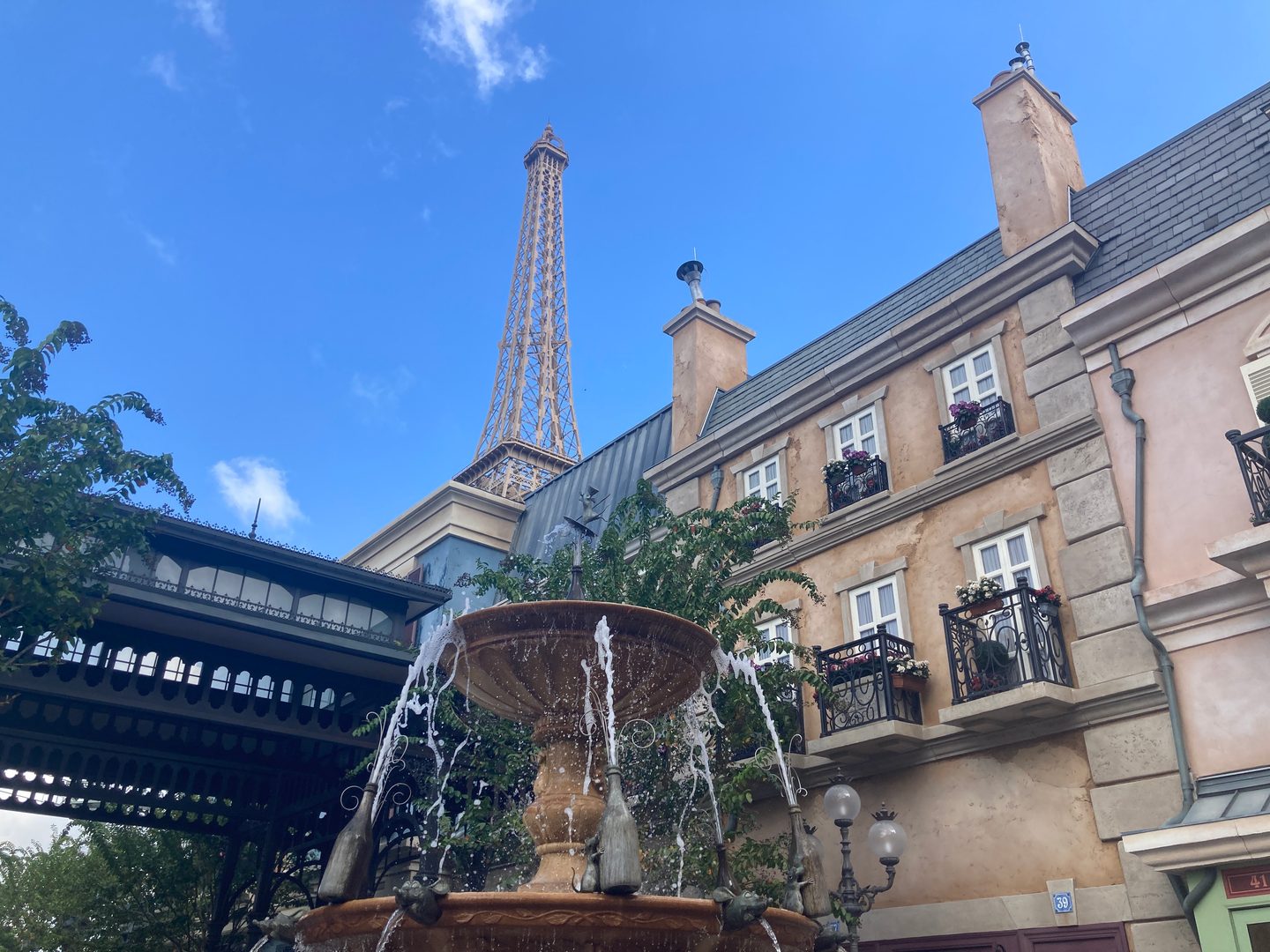
Epcot is largely broken into two sections: World Showcase and Future World.
World Showcase transforms eating and drinking into cultural exploration. Eleven country pavilions offer authentic cuisine, from Morocco's lamb tagine to Japan's omakase experiences. During festival seasons (which run nearly year-round), food booths add even more variety.
Future World's hidden gems:
- Test Track: This car-themed ride is one of Disney's fastest, and it just got a makeover in 2025 to give it some freshness.
- Guardians of the Galaxy Cosmic Rewind: Indoor roller coaster with excellent soundtrack integration.
- Soarin': Still magical after decades, despite obvious projection seams.
What's new at Epcot in 2026
Frozen Ever After updates (February 2026): The Norway pavilion's Frozen ride is getting upgraded audio-animatronics figures of Anna, Elsa and Kristoff, making the already-popular attraction even more impressive.
Soarin' Across America (Summer 2026): The classic flight simulator experience gets refreshed with new footage celebrating America's 250th anniversary. While the original Soarin' Around the World remains beloved, this patriotic version offers something new for repeat visitors.
The festival factor
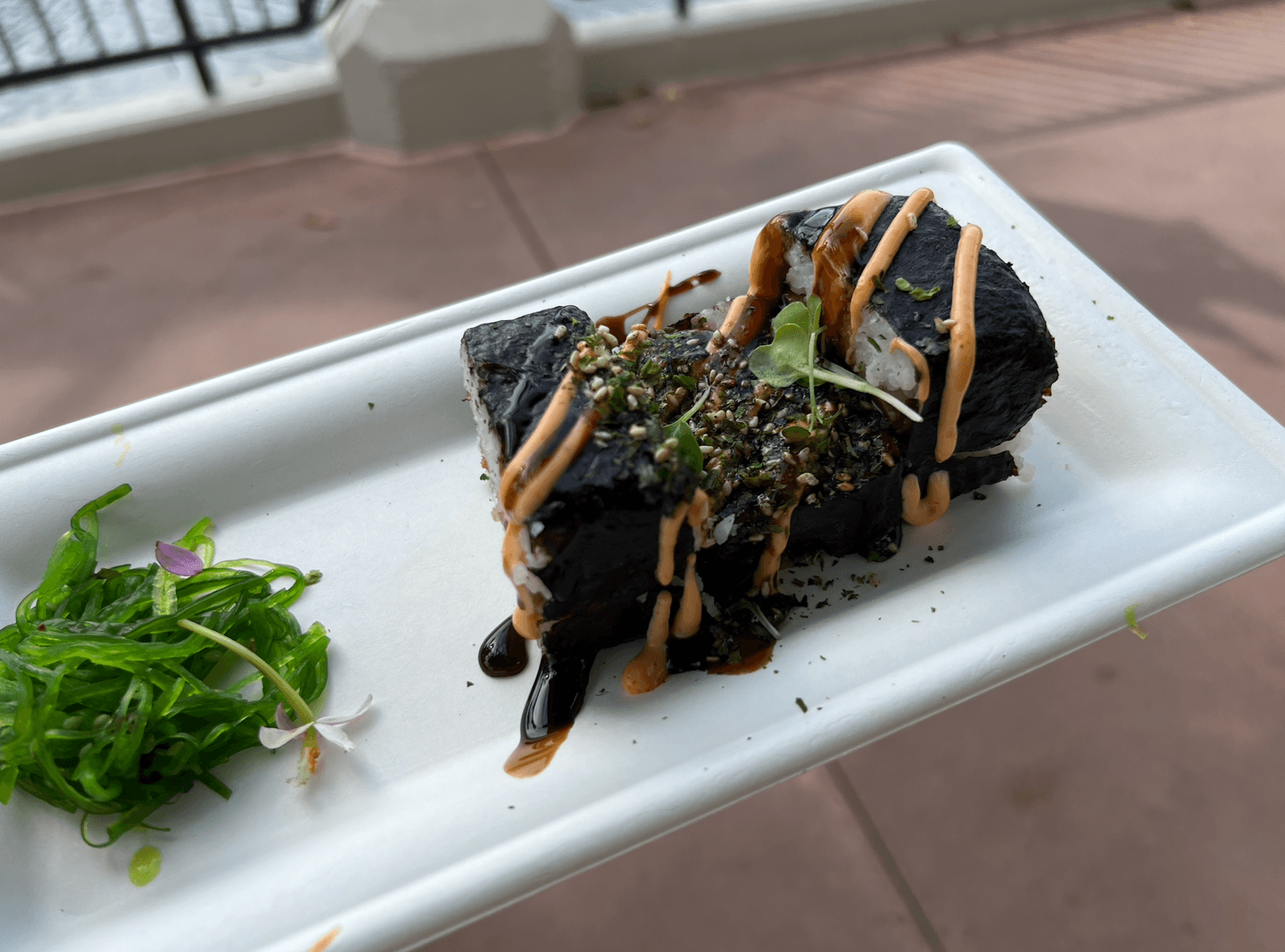
Epcot's seasonal festivals represent Disney's smartest revenue strategy and your best value opportunity:
- Food & Wine Festival (July-November): 30+ food booths transform World Showcase into a culinary crawl.
- Festival of the Arts (January-February): Unique food presentations meet legitimate art displays.
- Flower & Garden Festival (March-July): Topiaries and fresh ingredients enhance dining.
» Learn more: Ways to save on your first — or next — Disney vacation
Head-to-head comparison: where each park wins
Best for families with young kids
Winner: Animal Kingdom
- Live animals captivate all ages without height requirements.
- Shorter average wait times due to lower attendance.
- Festival of the Lion King provides air-conditioned entertainment relief.
- New Bluey meet-and-greet starting summer 2026.
Best for adults
Winner: Epcot
- World Showcase drinking around the world remains a rite of passage.
- Sophisticated dining options justify higher costs.
- Cultural experiences offer educational value beyond entertainment.
Best thrill Rides
Winner: Epcot
- Guardians of the Galaxy Cosmic Rewind is better than Expedition Everest for pure innovation.
- Test Track's speed component adds replay value.
- Animal Kingdom is a bit short on rides (though that will change in 2027).
Best value proposition
Winner: Animal Kingdom
- Lower ticket prices offset dining limitations.
- Unique animal experiences unavailable elsewhere.
- Major expansion (Tropical Americas land) coming in 2027 will likely increase prices.
The smart money strategy
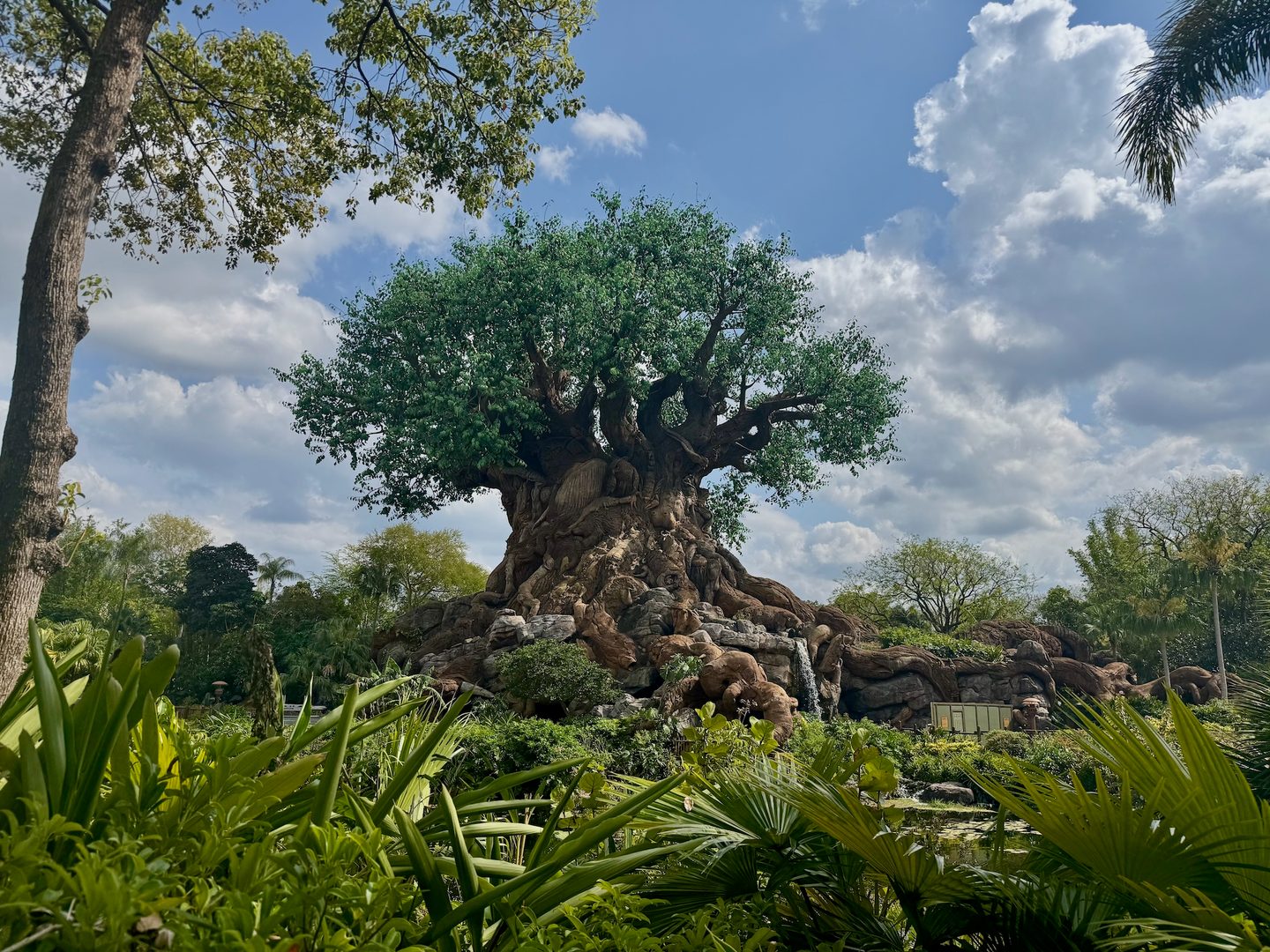
If you're visiting one park: Choose based on your priorities, not Disney marketing.
- Choose Animal Kingdom if: You want unique experiences at lower cost, have young children or prefer shorter crowds.
- Choose Epcot if: Food and drinks matter more than savings, you're visiting during festival season or you want sophisticated adult experiences.
If you're doing multi-day visits: Start with Animal Kingdom to maximize savings, then splurge on Epcot for dining experiences.
Epcot vs Animal Kingdom: which is better?
Both are great, and you can't go wrong either way.
For budget-conscious families: Animal Kingdom delivers maximum Disney magic per dollar spent. The animal experiences alone justify admission, and lower ticket prices free up budget for souvenirs or additional park days.
For experience seekers: Epcot's higher cost reflects genuine value in dining and cultural experiences. If you appreciate good food and drinks, the premium pays dividends.
For Disney completists: Plan Animal Kingdom for morning/afternoon, then hop to Epcot for dinner during festival season. This strategy maximizes both parks' strengths while controlling costs.
The choice isn't really about which park is "better" — it's about which delivers better value for your specific vacation priorities. Animal Kingdom offers Disney's best bang for buck, while Epcot provides experiences that justify premium pricing. Choose accordingly, but choose informed.
» Learn more: The best ways to buy Disney tickets
(Featured photo courtesy of Walt Disney World)
How to maximize your rewards
You want a travel credit card that prioritizes what’s important to you. Here are some of the best travel credit cards of 2026:
- Flexibility, point transfers and a large bonus: Chase Sapphire Preferred® Card
- No annual fee: Wells Fargo Autograph® Card
- Flat-rate travel rewards: Capital One Venture Rewards Credit Card
- Bonus travel rewards and high-end perks: Chase Sapphire Reserve®
- Luxury perks: American Express Platinum Card®
- Business travelers: Ink Business Preferred® Credit Card
Article sources
NerdWallet writers are subject matter authorities who use primary,
trustworthy sources to inform their work, including peer-reviewed
studies, government websites, academic research and interviews with
industry experts. All content is fact-checked for accuracy, timeliness
and relevance. You can learn more about NerdWallet's high
standards for journalism by reading our
editorial guidelines.
Limited Time Only: Earn $1,000 Toward Travel!
Capital One Venture Rewards Credit Card 
Travel

For a limited time, the
Capital One Venture Rewards Credit Card is offering new cardholders an especially rich bonus: Enjoy $250 to use on Capital One Travel in your first cardholder year, plus earn 75,000 bonus miles once you spend $4,000 on purchases within the first 3 months from account opening - that’s equal to $1,000 in travel!
More like this
Related articles


